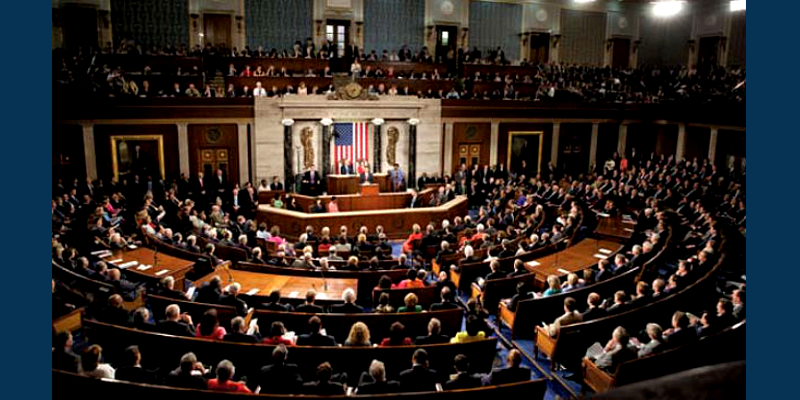The US House of Representatives recently discussed about the need for the United States to intervene in how China is oppressing the religious freedom of the Tibetan people. The discussion on Tibet reeled around the debate on China’s Strategy to Accrue Global Power.
The Tibet Post reported that the Chairman of the Asia and the Pacific Subcommittee on House Foreign Affairs Committee Ted Yoho raised the issue. “If we look at the Tibetan people, the Tibetans are probably one of the most peaceful populations on Earth, but yet I can’t travel there as a U.S. dignitary or as a U.S. Member of Congress. They can’t come here and be recognized,” he said.
“The Dalai Lama can’t come here and be recognized because China gets mad. Beijing gets mad. The Tibetan people have a way to pass on the Dalai Lama to the next generation. China kidnapped the Panchen child and said: We will replace it with who we think should be the next leader, and it is somebody they are going to groom,” Yoho added.
After Yoho, Representative Jim McGovern said that he has often called for the senate to take serious consideration of how China is violating the rights of the Tibetan people. “I have often stood on the floor of this House to call for respect for the human rights of the Tibetan people in China. Just a few months ago the Tom Lantos Human Rights Commission, which I co-chair, held a hearing on the repression of religious freedom in Tibet,” he said.
“Tibetan Buddhists face extensive controls on their religious life—an intrusive official presence in monasteries, pervasive surveillance, limits on travel and communications, and ideological re-education campaigns. Religious expression and activism have been met with violent repression, imprisonment and torture,” Tibet Post quoted McGovern as saying.
“I urge us to start by passing two pieces of legislation on Tibet that have been introduced in the House: H.R. 1872, the Reciprocal Access to Tibet Act, and H. Con. Res. 89, expressing the sense of Congress that the treatment of the Tibetan people should be an important factor in the conduct of United States relations with the People’s Republic of China. I urge the full and robust implementation of the Tibet Policy Act of 2002—including the designation of the Special Coordinator for Tibetan Policy, a statutory position that the Administration has yet to fill,” McGovern said.







Leave a Reply